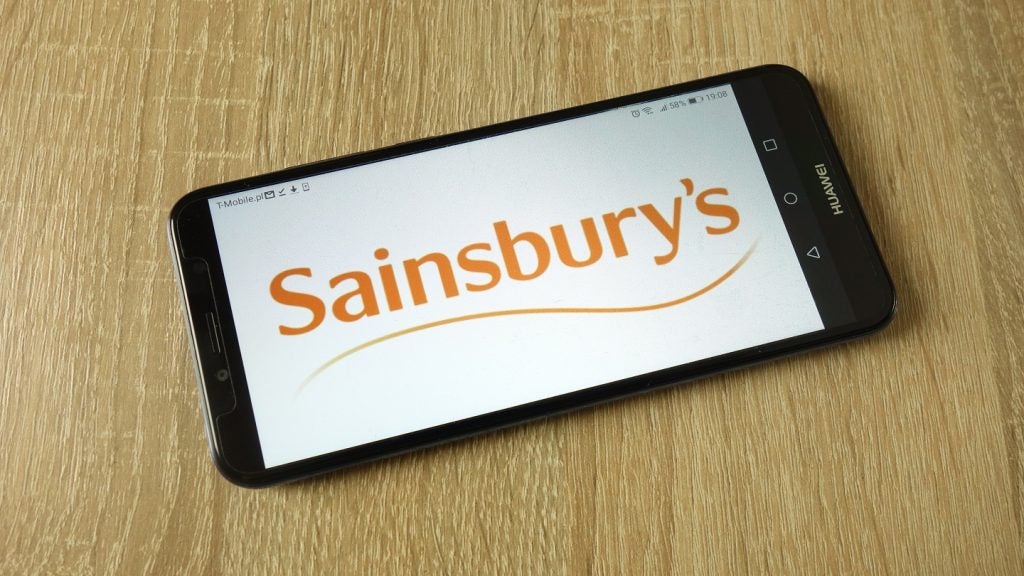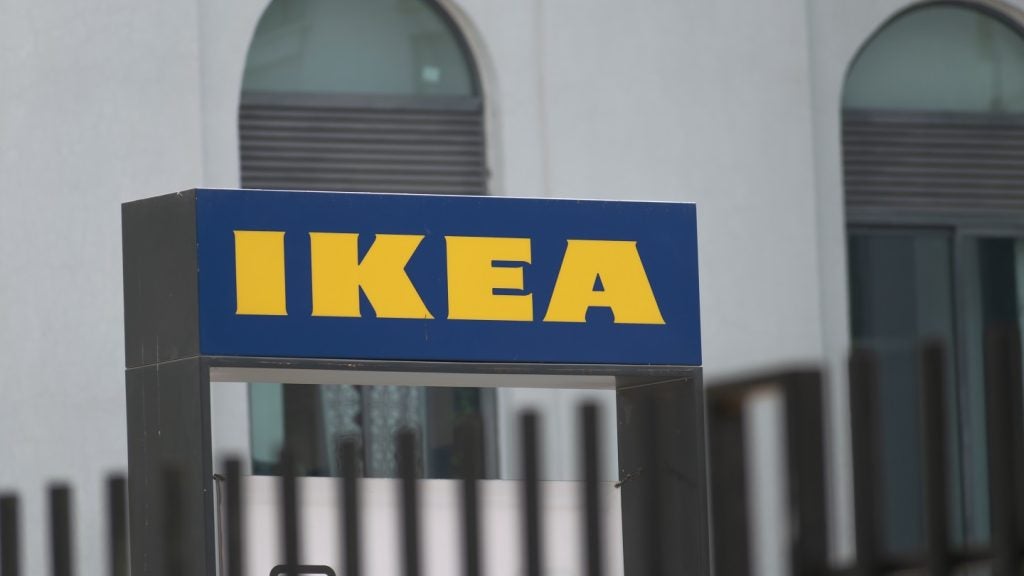Zalando, a prominent Germany-based online fashion retailer, has committed to enhancing transparency regarding the environmental characteristics of products offered on its platform.
This decision follows discussions with the European Commission and national consumer authorities, who expressed concerns about misleading sustainability flags and icons displayed alongside products.
Effective 15 April 2024, Zalando will remove these potentially misleading icons and flags, which can mislead consumers about the environmental benefits of the products.
Instead, the company will focus on providing clear information about the specific environmental benefits of each product such as the percentage of recycled materials used.
Key commitments by Zalando
- Removal of the initially used sustainability flag from all its webpages.
- Elimination of potentially misleading environmental icons displayed next to products.
- Discontinuation of the use of terms such as 'sustainability' or other unjustified terms indicating environmental or ethical benefits.
- Introduction of clear and specific information about each product's environmental and/or ethical benefits on the product detail page.
- Revision of its 'Sustainability Page' to include two new webpages: one with more information on product standards and another with information about Zalando's sustainability-related approaches and strategies.
- Zalando will also ensure that its environmental claims are based on aspects that are significant for the environment.
Looking ahead
Zalando will submit a report on the implementation of these commitments.
The Consumer Protection Cooperation (CPC) Network will then assess how Zalando has implemented these commitments and, if necessary, enforce compliance through measures such as fines or content removal.
Background
Under EU rules, businesses must provide truthful information to consumers and refrain from misleading practices.
The CPC is a network of authorities responsible for enforcing EU consumer protection laws. Coordinated by the European Commission and led by authorities from Germany, Denmark, Norway, and Sweden, it initiated a coordinated action with Zalando in April 2022.
National authorities are responsible for enforcing EU consumer protection laws. The CPC Regulation provides them with a common toolbox of strong powers to detect irregularities and take coordinated action against non-compliant traders.
The EU is also strengthening its legal framework on misleading environmental claims.
The European Commission has proposed two directives: the directive on empowering consumers in the green transition and the directive on the substantiation of green claims.
These directives aim to ensure that consumers receive adequate information on the durability and reparability of products and to prevent companies from making misleading claims about the environmental merits of their products and services.















